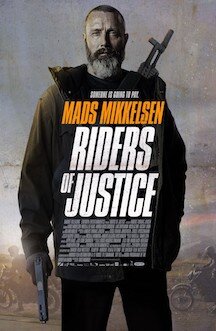Direction: Roger Michell
Country: UK
Adopting the same amiable and accessible tones that characterize his films, the South African-born British director Roger Michell (Notting Hill, 1999; Venus, 2006; Le Week-end, 2013) dramatizes the remarkable real-life theft of Goya’s Portrait of the Duke of Wellington from the National Gallery by a 60-year-old taxi driver turned activist. Stealing a piece of art may seem profane to some, but when all the operation means well, you'll go down laughing and supporting the lad who had the idea.
Kempton Bunton (Jim Broadbent in his second partnership with Michell) was the man who did it in 1961; not to get rich but to call attention for the huge sums of money spent in art while the people, especially the elderly, were in need of basic care and comfort. If Kempton had the support of his younger son Jackie (Fionn Whitehead) for this, he was fiercely rebuked by his wife, Dorothy (Helen Mirren), whose embarrassment was visible.
The indefatigable Kempton packs the film with a howl of funny moments, both at home and at court, offering a diverting and ingratiating 95-minute session at the movies. It's a gentle, light-fingered heist movie that actually doesn’t feel like a heist. There’s nothing mind-blowing in the serene storytelling, but as enjoyable as the film can be, what's not to like about observing the Buntons’ dynamics?
Even if the cinematography tends to infuse warm light in every scene and the direction is sometimes too bubbly to feel real, the performances are genuinely natural and sympathetic to make us bound up with the characters. There is a tenderness about this hero and his noble intentions that is profoundly touching. The ending is delicious, and even James Bond seems to have acknowledged this story.








































